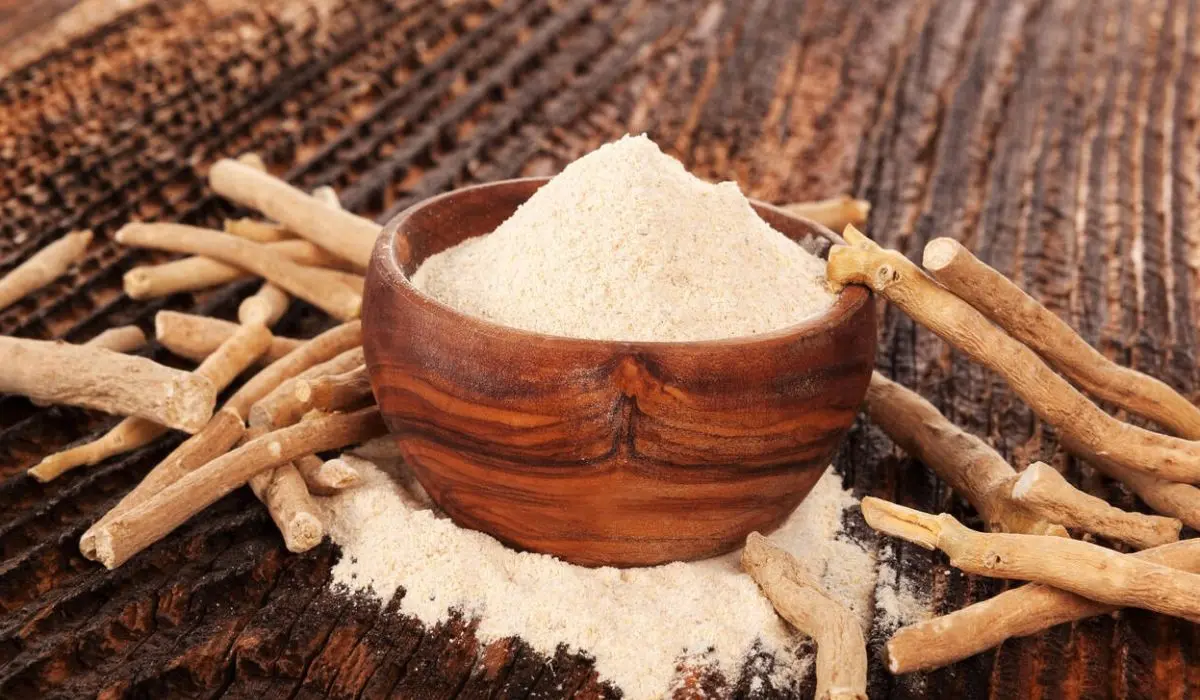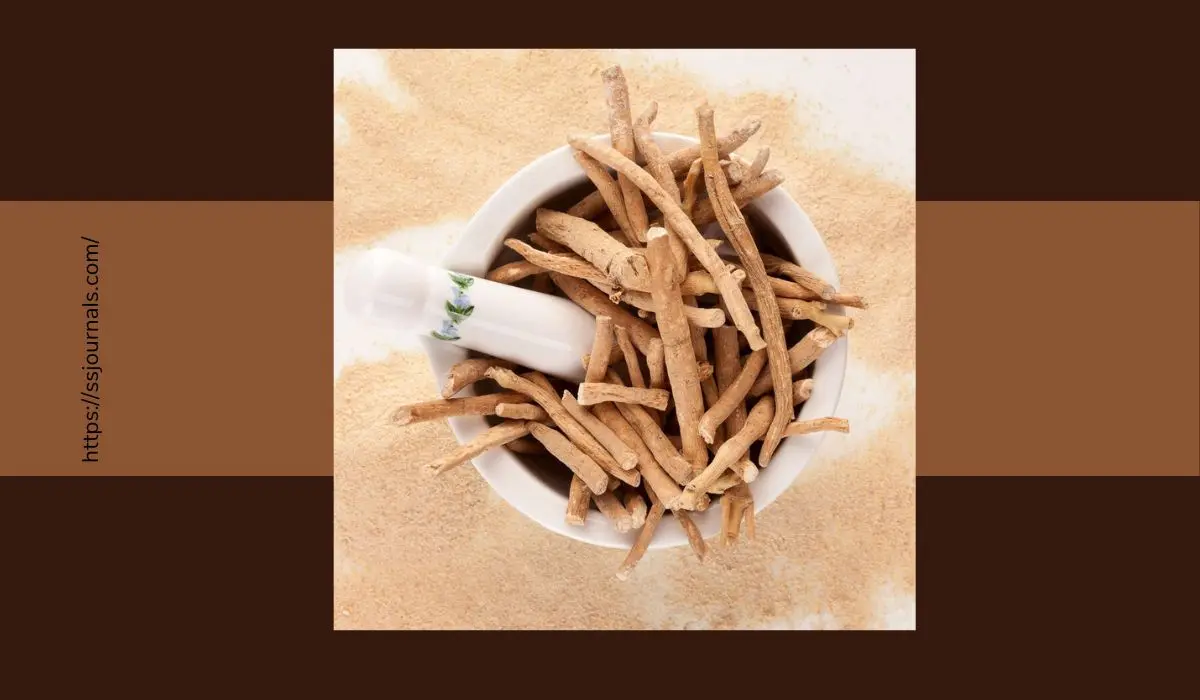Ashwagandha (Withania somnifera) is an herb that has been used in Ayurvedic medicine for centuries. In recent years, it has become increasingly popular as a supplement for boosting testosterone levels.
The Benefits Of Ashwagandha For Testosterone
Ashwagandha contains active compounds called withanolides, which are believed to be responsible for its ability to increase testosterone production. But how much ashwagandha should you take per day to see these testosterone-boosting effects? Let’s take a look at the research and recommended dosages.

Studies have shown that ashwagandha can help increase testosterone levels, improve sexual function, boost sperm quality, reduce cortisol (stress hormone), increase strength and muscle mass, and reduce symptoms of low testosterone like fatigue and low libido.
The proposed mechanisms behind these effects include:
- Increasing production of luteinizing hormone signals the testes to produce more testosterone.
- Lowering levels of the stress hormone cortisol can interfere with testosterone production.
- Improving antioxidant status, which prevents damage to testosterone-producing Leydig cells.
- Increasing DHEA, a testosterone precursor hormone.
- Improving thyroid function, which is important for testosterone synthesis.
Recommended Ashwagandha Dosage
Most research studies demonstrating positive effects on testosterone use doses between 300-600 mg of standardized ashwagandha extract per day, split into 2 or 3 doses.
The optimal dose can depend on factors like your age, testosterone levels, and health status. Here are some general dosage guidelines based on the research:
– For men under 50 with mild to moderately low testosterone: 300-500 mg per day
– For men over 50 with age-related decline in testosterone: 500-600 mg per day
– For strength/muscle gain: 500-600 mg per day
– For improving sex drive/function: 300-500 mg per day
It’s best to start on the lower end of the dosage range and work your way up to assess your individual tolerance and response. Cycling ashwagandha by taking breaks of 1-2 weeks every couple of months may help maintain optimal testosterone levels as well.
Look for a supplement containing at least 5% withanolides, the active compounds in ashwagandha. Sensoril and KSM-66 are two clinically studied ashwagandha extracts shown to boost testosterone levels.
Conclusion
Taking 300-600 mg per day of ashwagandha root extract standardized to at least 5% withanolides appears to be effective for boosting testosterone levels in men, based on human research studies. Ashwagandha taken for 2-3 months seems to promote optimal increases in testosterone, along with benefits like improved sexual function, body composition, and energy levels.
Monitoring your individual response and tolerance is wise to determine the ideal ashwagandha dosage for your needs. Under doctor supervision, ashwagandha may be an excellent natural option for supporting healthy testosterone status.
Frequently Asked Questions
It may take several weeks of consistent ashwagandha supplementation to notice significant increases in testosterone levels. Effects like improved sexual function and energy levels may be noticed more rapidly. Give ashwagandha at least 2 months before assessing its full effects on testosterone.
The best time to take ashwagandha is typically in the morning or early afternoon. Taking it earlier in the day may help promote optimal testosterone rhythms throughout the day. Ashwagandha taken in the evening could possibly interfere with sleep in some people due to its energizing effects.
DHT (dihydrotestosterone) is a potent androgen hormone converted from testosterone. While ashwagandha may increase overall testosterone production, most studies show that it does not significantly increase DHT levels. If anything, it appears to favorably alter the testosterone to DHT ratio.
While ashwagandha is not suitable for boosting testosterone levels in women, it may help balance female sex hormones. Some research indicates it can reduce high cortisol and positively modulate thyroid hormones in women. But the effects on androgens like testosterone are inconclusive in females.
Ashwagandha is generally very well tolerated by most people with minimal side effects. However, it can cause nausea, diarrhea, or irritability in some. As an adaptogen herb, ashwagandha may overstimulate thyroid hormones, so those with hyperthyroidism should consult their doctor before using it. Ashwagandha may also increase sedation when combined with tranquilizers or sedatives.

